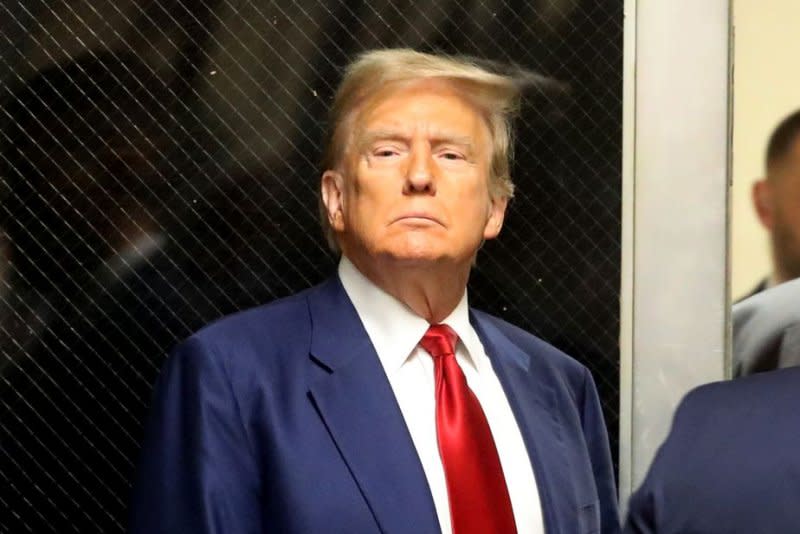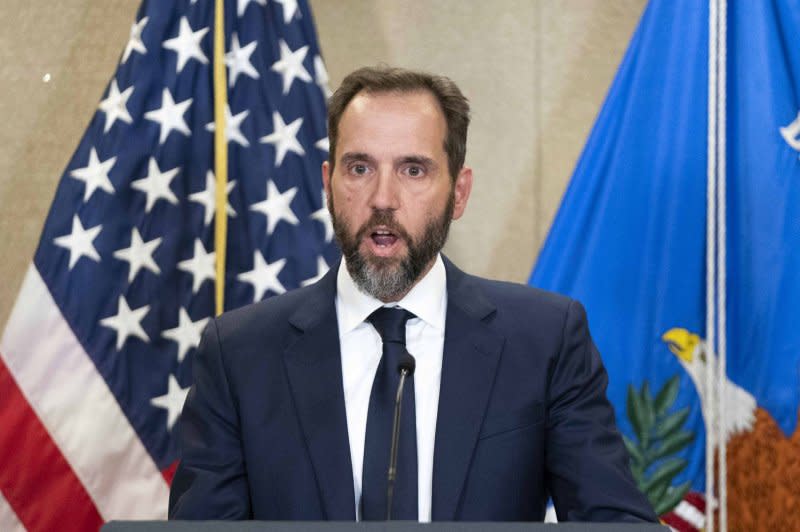Judge denies Donald Trump’s attempt to dismiss classified documents case

- Oops!Something went wrong.Please try again later.
- Oops!Something went wrong.Please try again later.
- Oops!Something went wrong.Please try again later.
April 4 (UPI) -- A judge in Florida has rejected Donald Trump's argument that he was authorized to keep classified documents when he left the White House.
U.S. District Judge Aileen Cannon denied Trump's attempt to dismiss the classified documents case against him on Thursday, saying the Presidential Records Act does not apply pretrial.
Trump's attorneys made the argument that the classified documents in question were Trump's personal records, granting him authority to keep them under the Presidential Records Act. Cannon disagreed Thursday.
"For these reasons, accepting the allegations of the Superseding Indictment as true, the Presidential Records Act does not provide a pre-trial basis to dismiss," Cannon ruled.
The language in Cannon's decision, specifically highlighting the "pre-trial basis to dismiss," suggests Trump's argument may still be considered viable when the trial begins.

Special counsel Jack Smith has urged Cannon to fully settle the question over Trump's authority to retain classified documents before jeopardy attaches. If Cannon ultimately determines that Trump was allowed to keep the documents, the prosecution's case would effectively end. Due to double jeopardy, it would not be able to pursue charges for the same alleged offenses.
"Whatever the court decides, it must resolve these crucial threshold legal questions promptly," Smith says. "The failure to do so would improperly jeopardize the government's right to a fair trial and deprive it of its right to seek appellate review."
Cannon referred to Smith's request as a "demand" in her ruling, calling it "unprecedented and unjust."
Trump has pleaded not guilty to the 40 charges against him in this case, including 32 counts related to willfully and illegally retaining classified documents. Some of those documents contained national security secrets.

